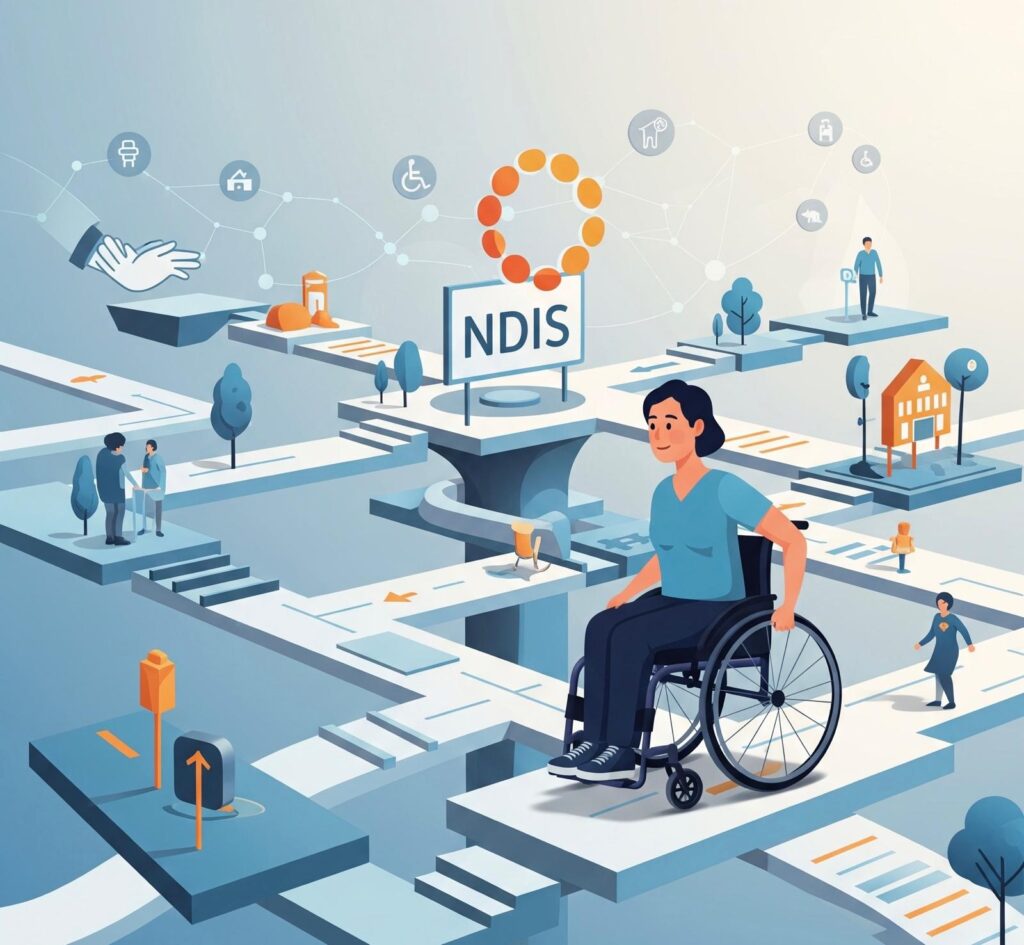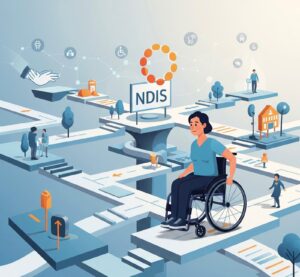Insomnia, a common sleep disorder characterized by difficulty falling or staying asleep, affects a significant portion of the population at some point in their lives. Chronic insomnia can lead to various negative health outcomes, including increased risk for depression, anxiety, and cardiovascular diseases. Psychologists play a crucial role in managing insomnia through non-pharmacological interventions. This article provides an overview of psychologist-recommended strategies for combating insomnia, grounded in scientific research.
Understanding Insomnia
Insomnia can manifest as difficulty initiating sleep, maintaining sleep, or waking up too early and not being able to fall back asleep. According to Morin and Benca (2012) in the American Journal of Psychiatry, insomnia not only impairs daytime functioning but is also a risk factor for other mental health disorders.
Cognitive-Behavioral Therapy for Insomnia (CBT-I)
CBT-I is the most widely recommended treatment for insomnia. This approach addresses the cognitive and behavioral factors contributing to insomnia. Techniques include stimulus control therapy, sleep restriction, sleep hygiene education, cognitive therapy, and relaxation techniques. A meta-analysis by Trauer et al. (2015) in Sleep Medicine Reviews concluded that CBT-I significantly improves sleep quality and is an effective treatment for insomnia.
Sleep Hygiene Education
Psychologists emphasise the importance of good sleep hygiene, which involves practices conducive to sleeping well on a regular basis. This includes maintaining a regular sleep schedule, ensuring a comfortable sleep environment, limiting exposure to screens before bedtime, and avoiding caffeine and heavy meals close to bedtime (Irish et al., 2015, Sleep Medicine).
Stimulus Control Therapy
This method aims to strengthen the bed’s association with sleep and weaken its association with wakefulness. Strategies include using the bed only for sleep and sex, going to bed only when sleepy, and getting out of bed when unable to sleep for more than 20 minutes (Perlman et al., 2016, Journal of Clinical Sleep Medicine).
Relaxation Techniques
Relaxation techniques can reduce the physiological arousal associated with insomnia. Methods such as progressive muscle relaxation, deep breathing exercises, and mindfulness meditation have been shown to be effective. A study by Chien et al. (2015) in the Journal of Nursing Scholarship demonstrated the efficacy of relaxation techniques in improving sleep quality among people with insomnia.
Cognitive Therapy
Cognitive therapy targets the negative beliefs and worries that contribute to insomnia. By challenging and restructuring these thoughts, individuals can adopt a more positive and less anxious mindset towards sleep (Harvey, 2002, Behaviour Research and Therapy).
Conclusion
Insomnia is a prevalent sleep disorder that can significantly impact an individual’s quality of life. Psychologists recommend several evidence-based non-pharmacological interventions, such as CBT-I, to manage insomnia effectively. These strategies focus on modifying the cognitive and behavioral patterns that interfere with sleep, offering a holistic approach to improving sleep quality and overall well-being.
References
- Morin, C.M., & Benca, R. (2012). Chronic insomnia. American Journal of Psychiatry.
- Trauer, J.M., Qian, M.Y., Doyle, J.S., Rajaratnam, S.M.W., & Cunnington, D. (2015). Cognitive Behavioral Therapy for Chronic Insomnia: A Systematic Review and Meta-analysis. Sleep Medicine Reviews.
- Irish, L.A., Kline, C.E., Gunn, H.E., Buysse, D.J., & Hall, M.H. (2015). The role of sleep hygiene in promoting public health: A review of empirical evidence. Sleep Medicine.
- Perlis, M.L., Junquist, C., Smith, M.T., & Posner, D. (2016). Cognitive Behavioral Treatment of Insomnia. Journal of Clinical Sleep Medicine.
- Chien, L.W., Cheng, S.L., & Liu, C.F. (2015). The effect of lavender aromatherapy on autonomic nervous system in midlife women with insomnia. Journal of Nursing Scholarship.
- Harvey, A.G. (2002). A cognitive model of insomnia. Behaviour Research and Therapy.
How to get in touch
If you or your patient/NDIS clients need immediate mental healthcare assistance, feel free to get in contact with us on 1800 NEAR ME – admin@therapynearme.com.au.







